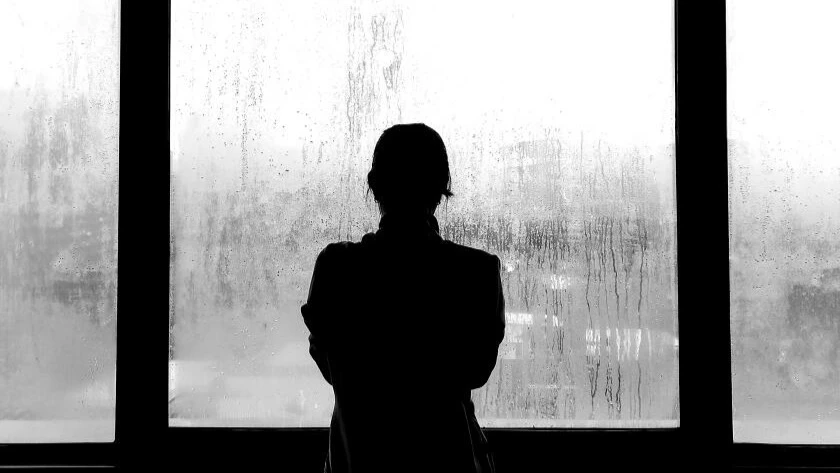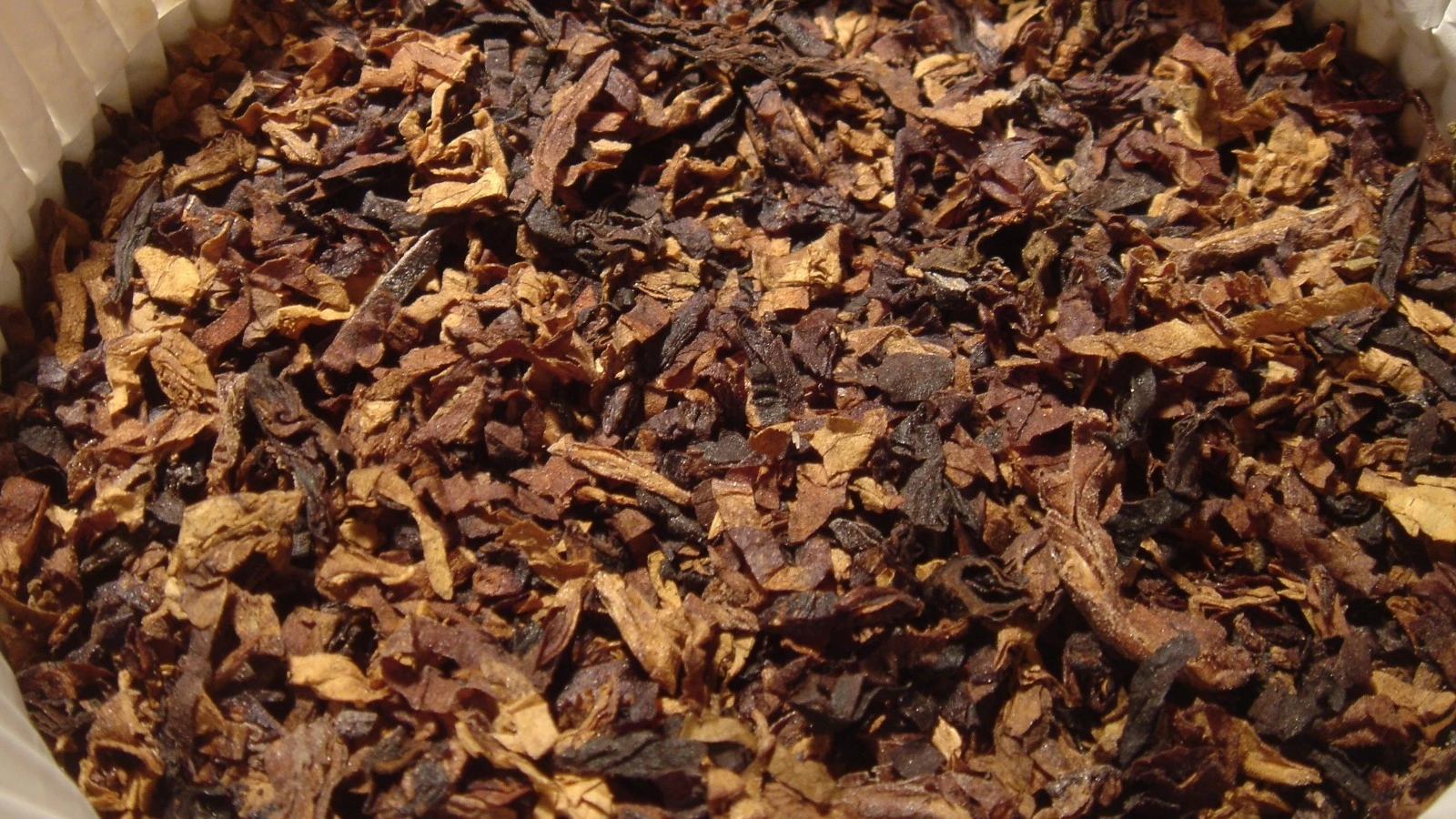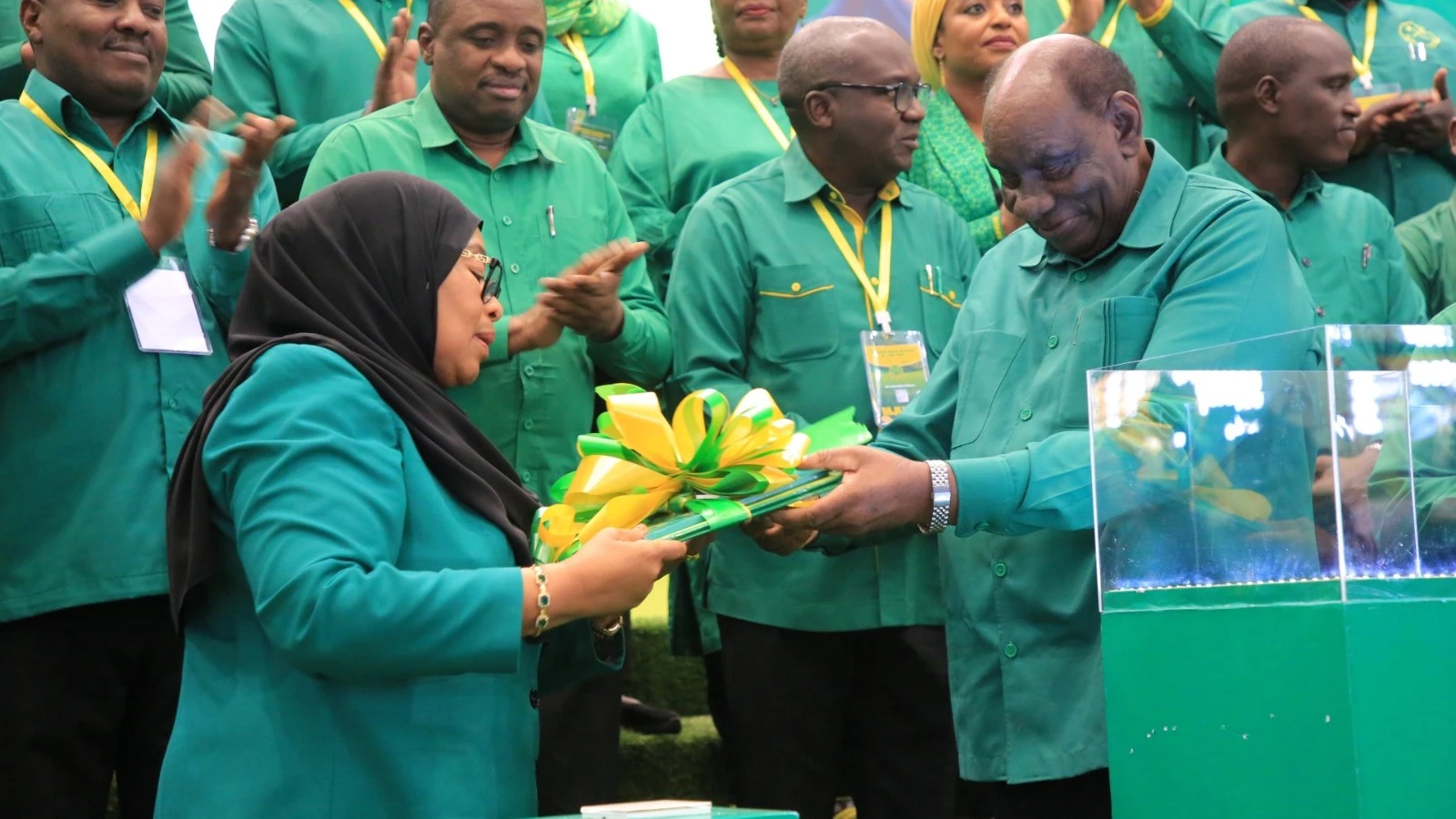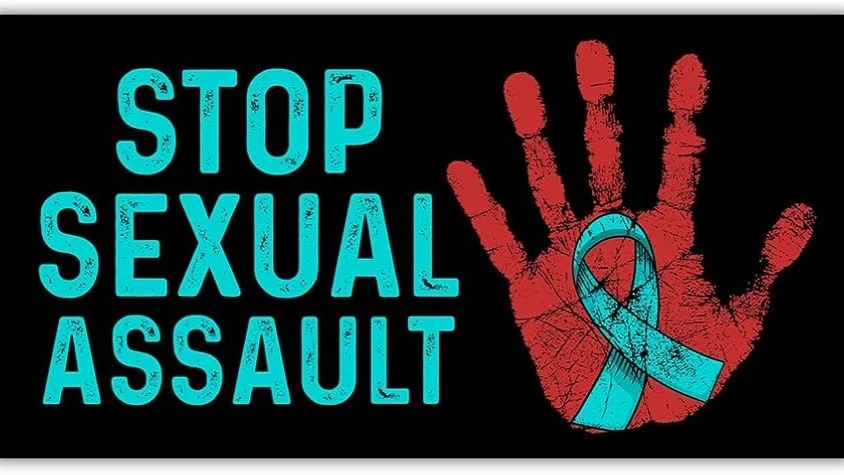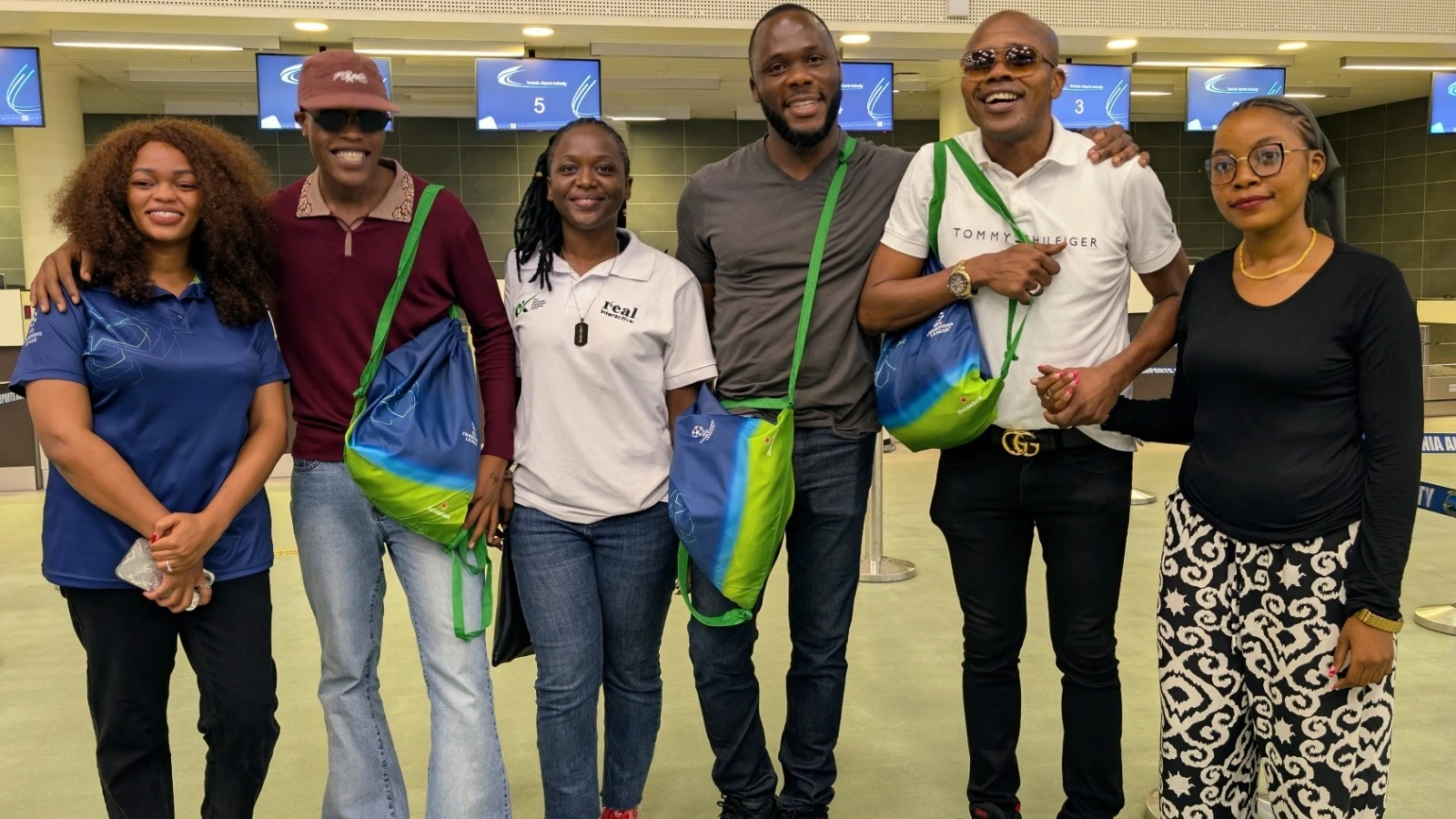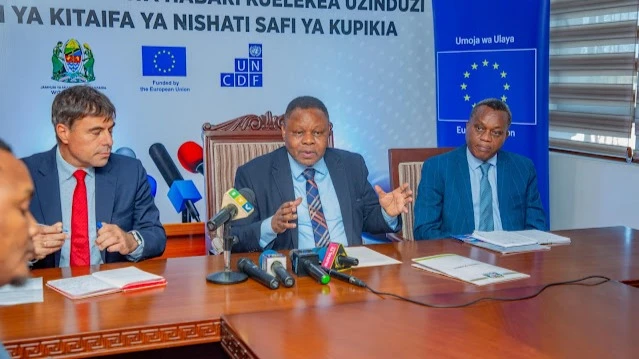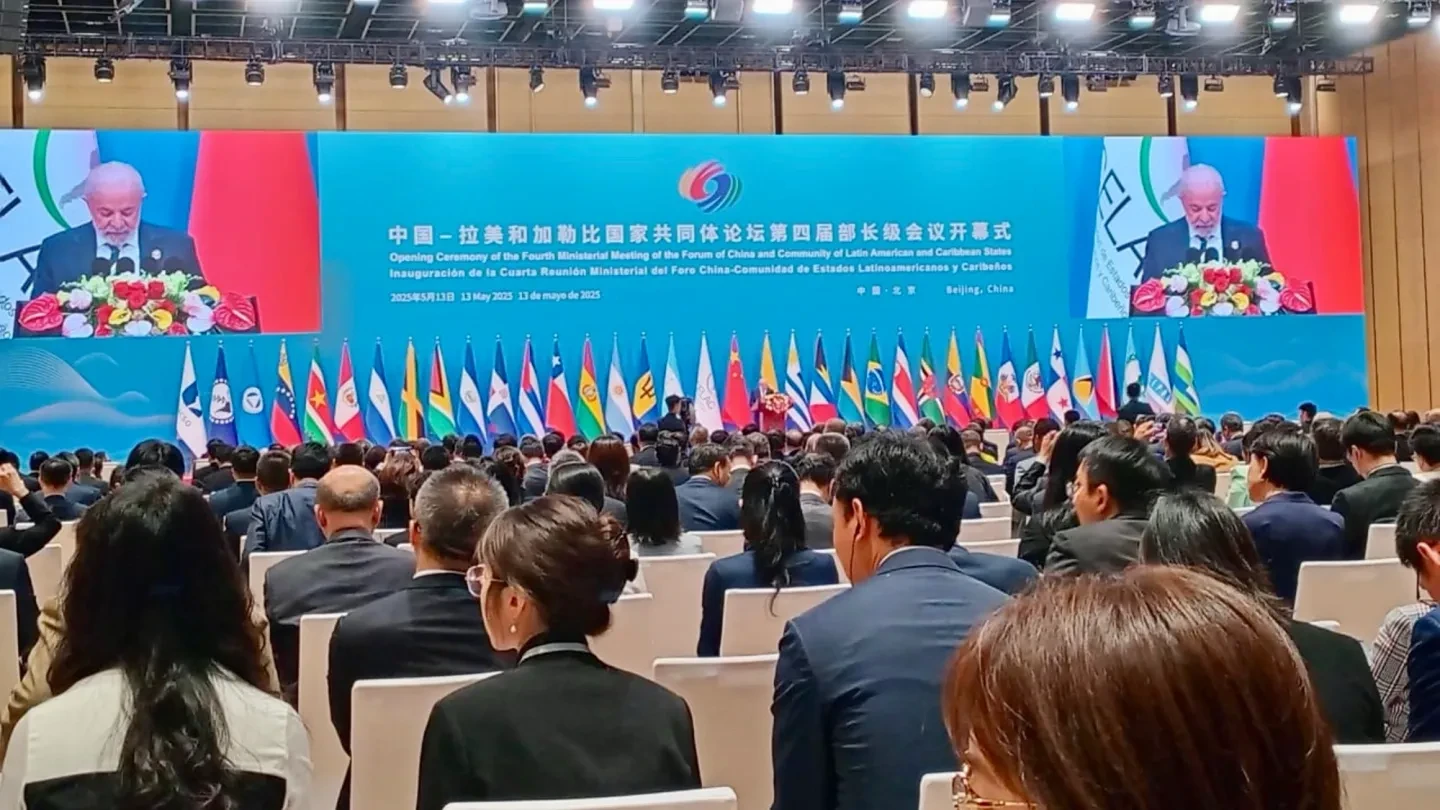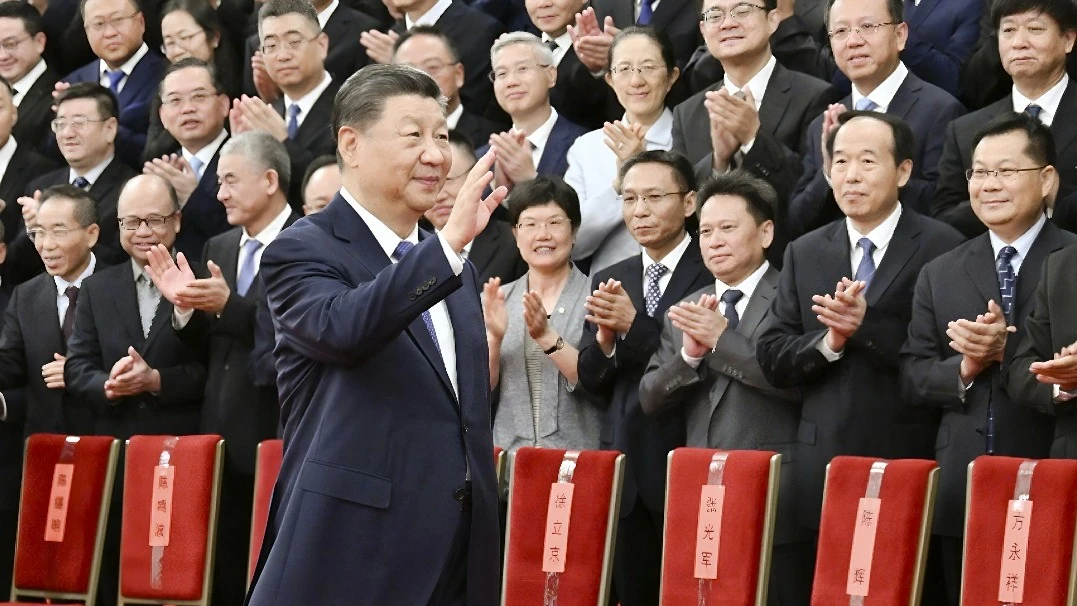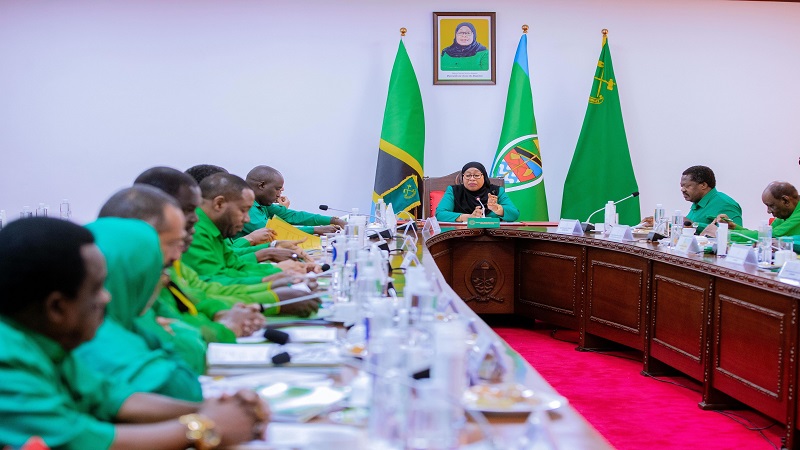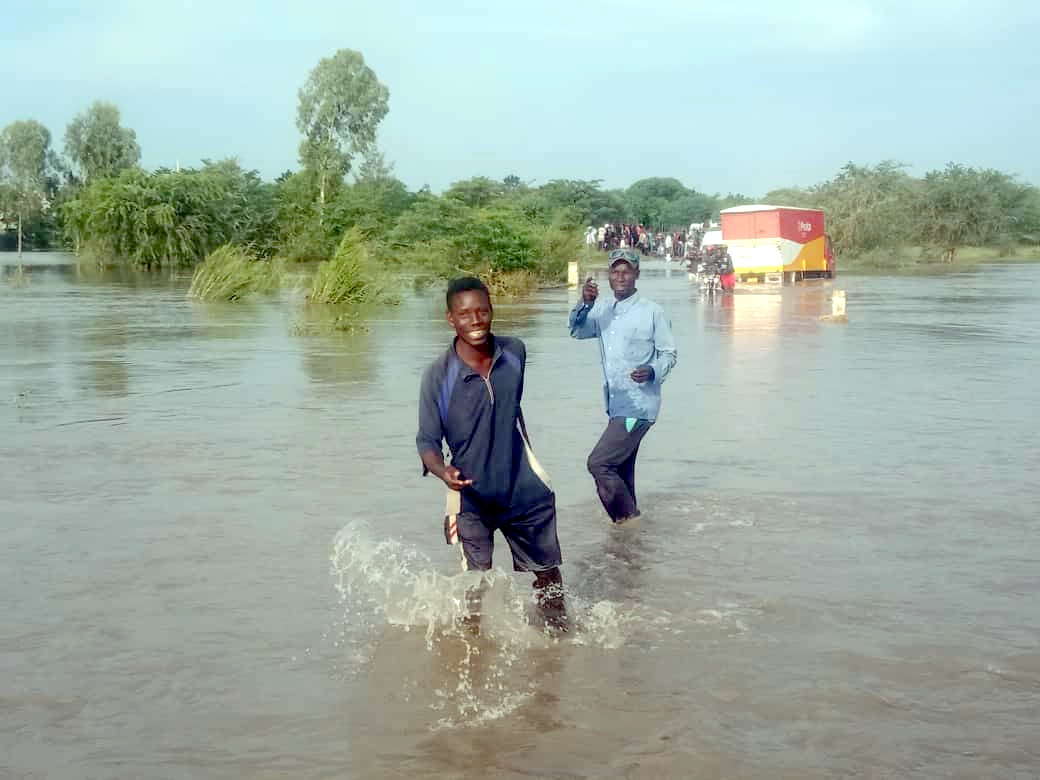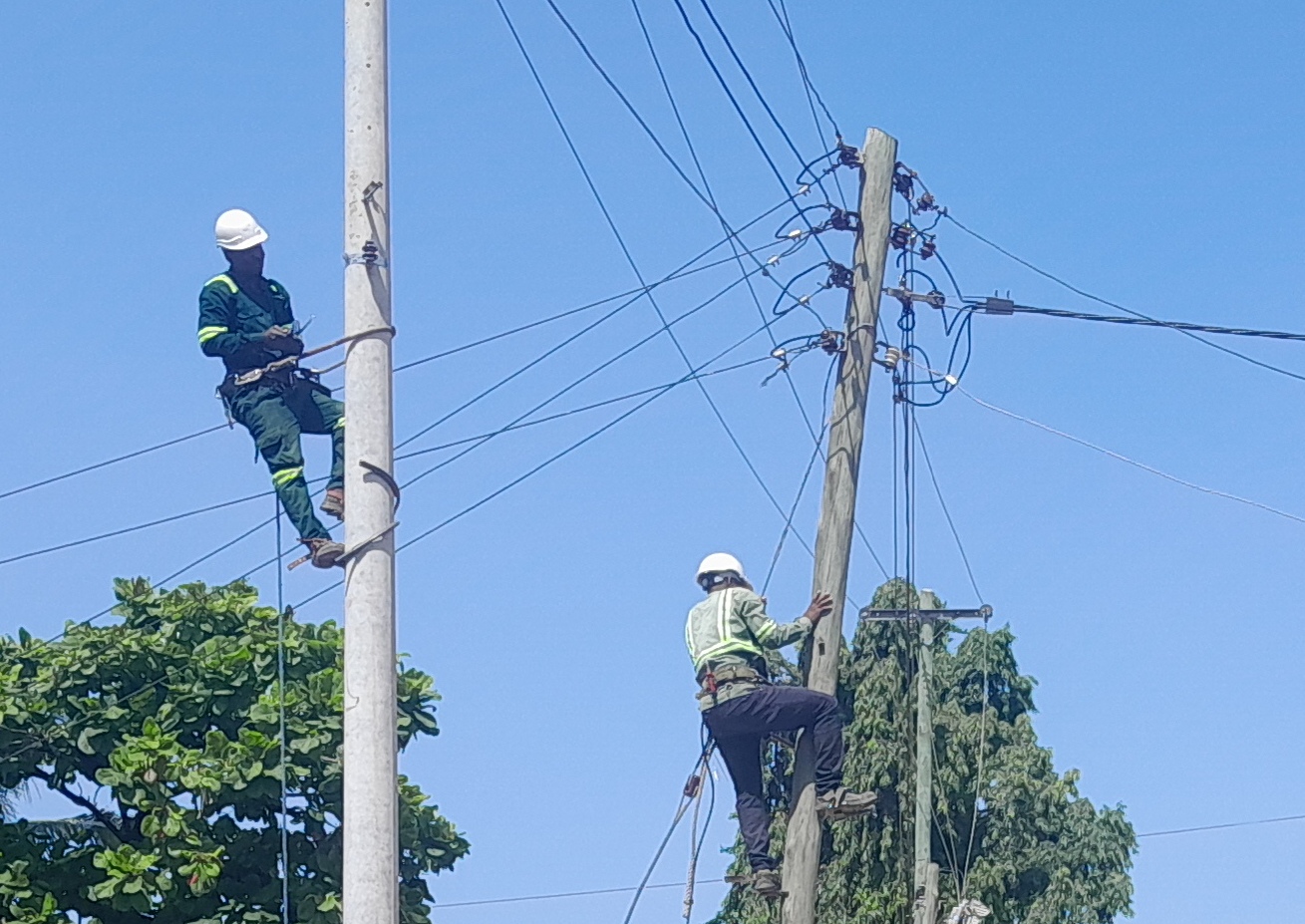Report reveals growing autocracy amid global democratic decline
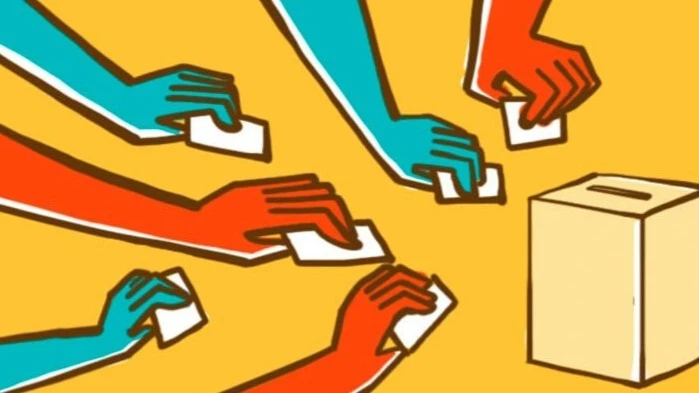
THE Constitution of the United Republic of Tanzania, 1977 (as amended until 2005) stipulates that Tanzania is a multiparty democracy Article 3(1). Furthermore, Article 8(1) states that “the United Republic of Tanzania is a state which adheres to the principles of democracy and social justice and accordingly - (a) sovereignty resides in the people and it is from the people that the government through this Constitution shall derive all its power and authority; (b) the primary objective of the government shall be the welfare of the people; (c) the government shall be accountable to the people, and (d) the people shall participate in the affairs of their government in accordance with the provisions of this Constitution.”
THE Constitution of the United Republic of Tanzania, 1977 (as amended until 2005) stipulates that Tanzania is a multiparty democracy Article 3(1). Furthermore, Article 8(1) states that “the United Republic of Tanzania is a state which adheres to the principles of democracy and social justice and accordingly - (a) sovereignty resides in the people and it is from the people that the government through this Constitution shall derive all its power and authority; (b) the primary objective of the government shall be the welfare of the people; (c) the government shall be accountable to the people, and (d) the people shall participate in the affairs of their government in accordance with the provisions of this Constitution.”
Although many national constitutions provide for the principles of democracy, social justice, and human rights, very few governments protect or practise them. Where there is democracy there is open civic space as people are free to air their views and be listened to and their governments are accountable to them.
Other countries have repressed and closed civic space as there are restrictions on freedoms of association, expression and peaceful assembly and states’ duty to protect these fundamental freedoms is hardly noticeable. Where there is repressed or closed civic space journalists, human rights defenders, and peaceful protestors are often the victims of harassment, intimidation, violence and cooked criminal charges. Where people are not free to express what they feel and be listened to there cannot be true development.
In a true democracy every governmental act, which affects the legal rights, duties or liberties of any person, must be exercised within legal bounds (intra vires). As Sir William Wade and Christopher Forsyth in their book titled Administrative Law (Eighth Edition, 2000) put it: “If discretionary power is to be tolerable, it must be kept under two kinds of control: political control through parliament, and legal control through the courts.”
A report titled “Democracy Report 2025: 25 Years of Autocratisation – Democracy Trumped?” says “The outlook on the world at the end of 2024 is worse than in the last 25 years…the trend of the ‘third wave of autocratisation’ is deepening and spreading.
That includes weakening of democracy in some established liberal democracies, breakdown of democracy in countries that were democratic for most of the 21st century, as well as deepening of autocracy in already autocratic states.” The report stresses that the level of democracy for the average world citizen is back to 1985, and by country averages, it is back to 1996. This is marked regression.
“Democracy is losing out the most in terms of economic power. It is at its lowest level in over 50 years. It is a truly global wave of autocratisation. Eastern Europe and South and Central Asia are in particularly steep decline. North America and Western Europe are also no longer immune: The level of democracy in this region is back to 1983 by country averages.”
It also says that losses in freedom of expression are alarming, worsening in 44 countries by 2024, up from 35 in last year’s report. Clean elections declined in 25, freedom of association in 22, and the rule of law in 18 countries. In this way, it says about 3 out of 4 persons in the world (equivalent to 72 per cent) live in autocracies.
Another report titled “The Global State of Democracy 2024: Strengthening the Legitimacy of Elections in a Time of Radical Uncertainty” corroborates the above report. It says democracy continued its decline in 2023, with notable challenges emerging with regard to representation and rights. “Assessing each country’s various areas of improvement and deterioration, we find that, on balance, four in nine countries were worse off in 2023 than they had been in 2018, while only one in four had improved, continuing a negative trend that developed roughly a decade ago.”
For its part, the African Charter on Democracy, Elections and Governance, which was adopted in Addis Ababa in 2007, provides in Article 3 eleven principles state parties are required to implement. The principles include 1) respect for human rights and democratic principles, 2) access to and exercise of state power in accordance with the constitution of the state party and the principle of the rule of law, 3) promotion of a system of government that is representative, and 4) holding of regular, transparent, free and fair elections.
Others are 5) separation of powers, 6) the promotion of gender equality in public and private institutions, 7) effective participation of citizens in democratic and development processes and in governance of public affairs, and 8) transparency and fairness in the management of public affairs.
Others also include 9) the condemnation and rejection of acts of corruption, related offences and impunity, 10) condemnation and total rejection of unconstitutional changes of government, and 11) strengthening political pluralism and recognising the role, rights and responsibilities of legally constituted political parties, including opposition political parties, which should be given a status under national law.
It suffices to say that building true democracy requires free and fair periodic elections which reflect the wishes of the people and their participation in the affairs of their government as well as creating a nation of equal and free individuals, enjoying freedom, justice, fraternity and concord.
Top Headlines
© 2025 IPPMEDIA.COM. ALL RIGHTS RESERVED












